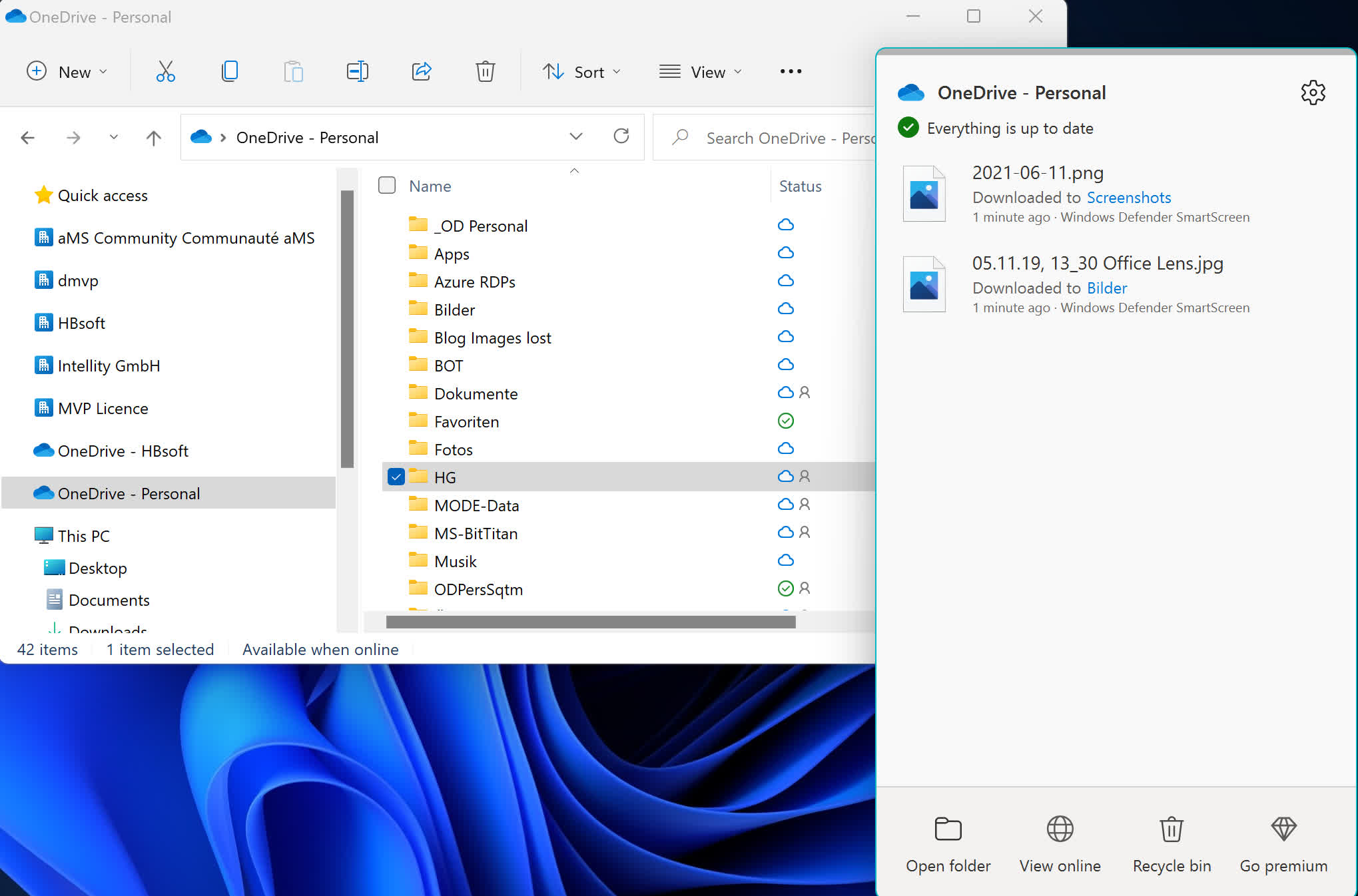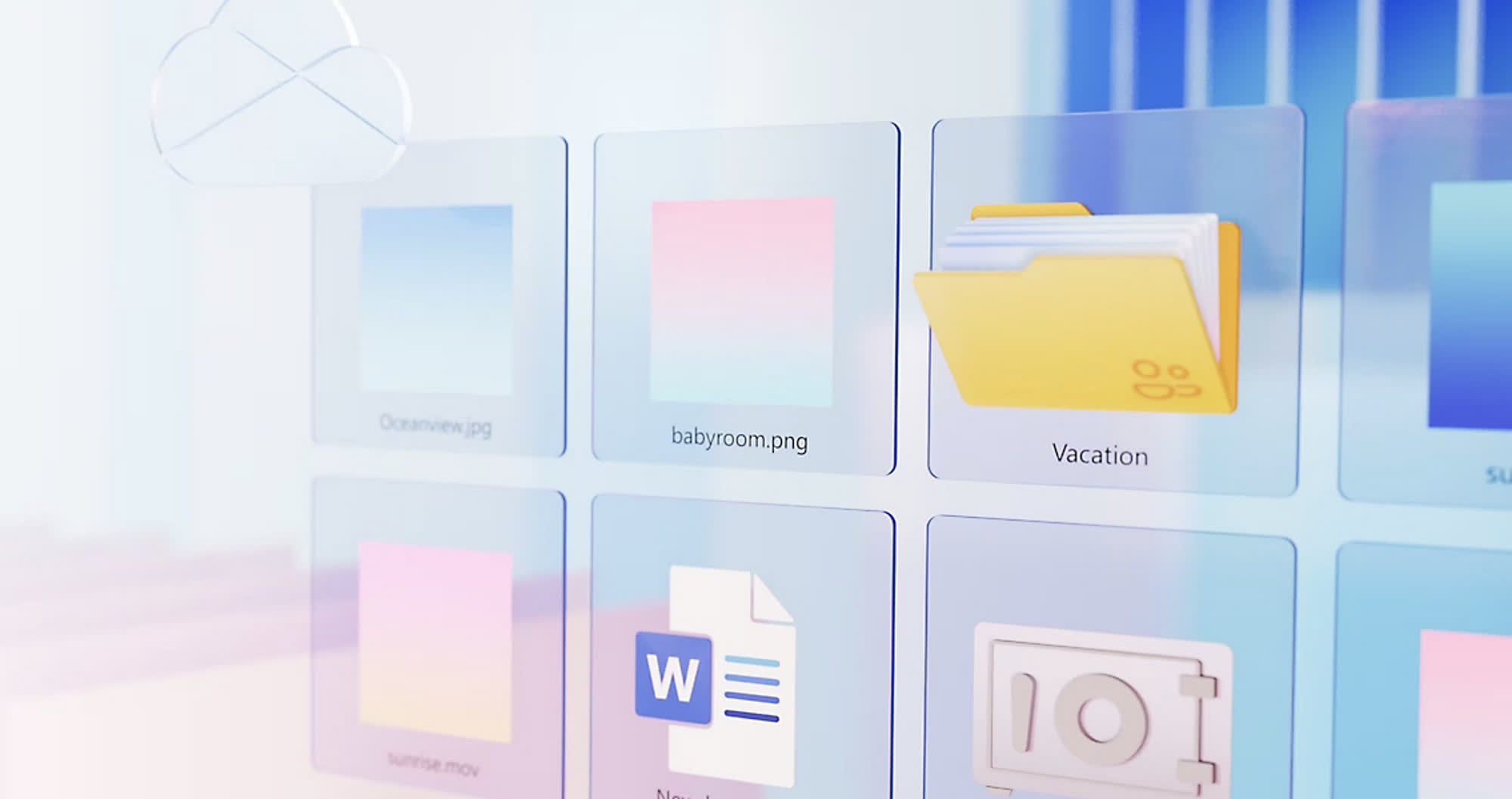In a nutshell: Microsoft has been pushing OneDrive as the standard cloud storage solution for Windows for quite some time, to the point of user annoyance. The company usually tries everything it can to hinder user's choice on how to deal with the service, but things are seemingly starting to change.
Microsoft now offers detailed instructions on how to disable or even uninstall the native OneDrive application on Windows once and for all. Despite its previous efforts to encourage users to adopt its cloud storage solution – going so far as to prompt users who quit the OneDrive app – new policy challenges, particularly in the European Union, seem to be impacting Redmond's marketing strategy.
First spotted by Neowin, a new OneDrive troubleshooting guide addresses the proper termination of the service. This step-by-step guide is intended for those who wish to turn off, disable, or uninstall OneDrive. However, Microsoft recommends simply "unlinking" the client as an easier alternative for those who no longer wish to use the service.
After unlinking OneDrive on Windows (or macOS), users will still have access to their files by logging into OneDrive.com. Moreover, OneDrive can be "hidden" or uninstalled, as Microsoft explains, with this option being available on "some versions" of Windows as well as on Android and iOS mobile devices.

The guide contains some contradictory instructions though, initially suggesting that OneDrive is "built" directly into Windows 10/11 and cannot be uninstalled, only hidden. It then clarifies that OneDrive can indeed be safely uninstalled from the system without risking the loss of any data already stored on the service.
Uninstalling OneDrive simply involves navigating to the Windows Settings page for installed apps, locating OneDrive, and selecting Uninstall. This option is available in Windows 10 and 11, the only operating systems for which Microsoft currently offers support. Users on Windows 8.1, however, appear to be unable to remove OneDrive from aging system.
Microsoft's new approach to fierce service and product integration may be a response to Europe's Digital Markets Act (DMA), a legal framework that imposes new obligations on digital gatekeepers. European Windows 11 users can now uninstall various "system" apps, including Bing Search and even Edge, as confirmed by Microsoft – a move previously considered "impossible" due to the so-called deep integration of the web browser and the operating system.
